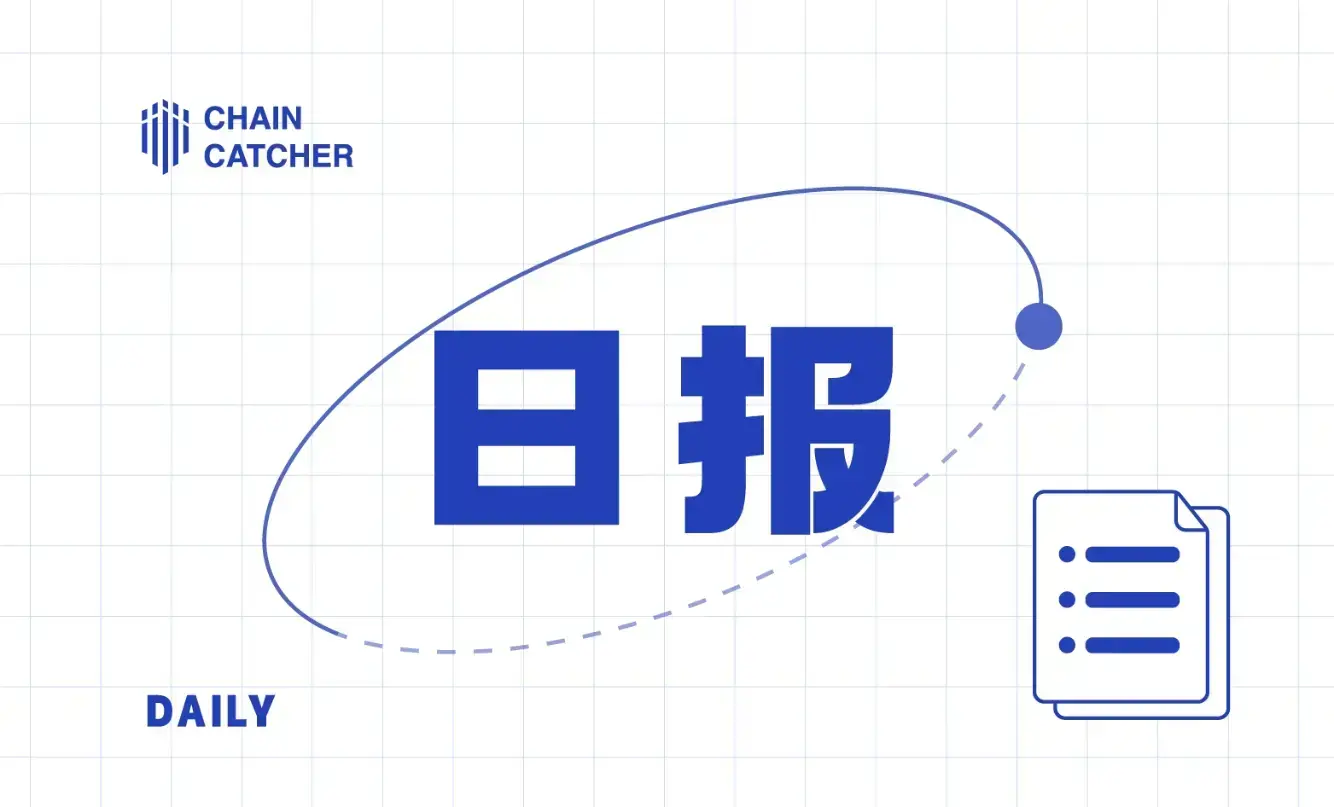Pi Protocol: Tether Co-Founder Re-enters Stablecoin Space, Launches Yield-Generating Stablecoin | CryptoSeed
Author: Nianqing, ChainCatcher
With the election of U.S. President Trump, the stablecoin sector has experienced an explosion. In the first few days of his administration, Trump issued an executive order promoting the adoption of dollar-backed stablecoins, while Congress is drafting a bill to provide a regulatory framework for stablecoins in the U.S. Major financial companies like PayPal and numerous crypto enterprises are issuing stablecoins.
According to a recent report by Bloomberg, Reeve Collins, one of the original co-founders of Tether, is launching a yield-bearing stablecoin project called Pi Protocol, which will provide holders with potential returns from tokenized real-world assets.
According to Pi Protocol's official X platform, Pi was originally named TreasuryX and was officially established last year, recently undergoing a complete rebranding and repositioning. Pi plans to launch its first yield-bearing stablecoin, USP, on Ethereum or Solana in the second half of 2025.
Introduction: Innovative Attempts at Yield-Bearing Stablecoins
Pi Protocol is an emerging stablecoin protocol aimed at challenging the existing stablecoin market through innovative yield-bearing designs. Its core product is the USP stablecoin, which differs from traditional stablecoins like USDT and USDC. Currently, the issuers of USDT and USDC retain the asset returns, while Pi Protocol plans to directly distribute these returns to USP holders through the USI token. This model not only attracts yield-sensitive users but may also drive the transition of stablecoins from mere "value anchoring tools" to "investment tools."
Pi Protocol plans to operate on the Ethereum and Solana blockchains, utilizing smart contracts to ensure efficient transactions and ecosystem compatibility. Additionally, the project will introduce governance tokens, allowing the community to participate in the decision-making process, enhancing the transparency and participation of decentralized governance. Specifically, Pi will use smart contracts to assess the value of collateral and execute over-collateralization rates, minting its USP stablecoin. As a reward, minters will receive another token, USI, as returns.
Pi will be governed by the governance token USPi, whose holders will benefit from platform revenues derived from sources such as the returns from minting stablecoins. Users of this token will be able to vote on decisions regarding risk parameter settings, collateral policy adjustments, and protocol revenue distribution. The team and advisors will receive 25% of the governance token supply. It is reported that the team is conducting a presale of the governance tokens.
Founder Collins himself stated, "Pi Protocol is the evolution of stablecoins."
Team Introduction
Reeve Collins is the founder and chairman of Pi Protocol, and he is a serial entrepreneur in the crypto space. He co-founded Tether in 2013 and served as its first CEO until 2015. Collins is also one of the inventors of stablecoins; during his tenure at Tether, he publicly collaborated with co-founders Brock Pierce and Craig Sellars on innovations related to stablecoins.
After leaving Tether, he founded BLOCKv (focused on NFT platforms, which raised $22 million in an ICO in 2017), SmartMedia Technologies (an enterprise-level Web3 platform), and the decentralized money market protocol WeFi.
Bundeep Singh Rangar is the CEO of Pi Protocol, having previously founded the TradFi network InsurTech and worked on the listing of the first DeFi ETP.
Roadmap
According to publicly available official information, Pi Protocol's future plans include the following aspects:
- Token issuance and mainnet launch: Plans to launch the USP stablecoin and related governance tokens in the second half of 2025, initially possibly through pilot testing for system stability.
- Ecosystem expansion and partnerships: Seeking collaboration with traditional financial institutions to acquire more quality real-world assets as collateral, while integrating with DeFi protocols and decentralized exchanges to expand the use cases of USP.
- Community governance: Implementing a community-driven decision-making model through governance tokens, allowing holders to vote on asset selection, yield distribution ratios, and more.
- Regulatory compliance and global promotion: Ensuring compliance with regulatory requirements, with plans to promote in multiple jurisdictions to achieve global user coverage, especially in the current context of increasing regulatory pressure on stablecoins.











